The Lovin' Spoonful - The EP Collection (1988)
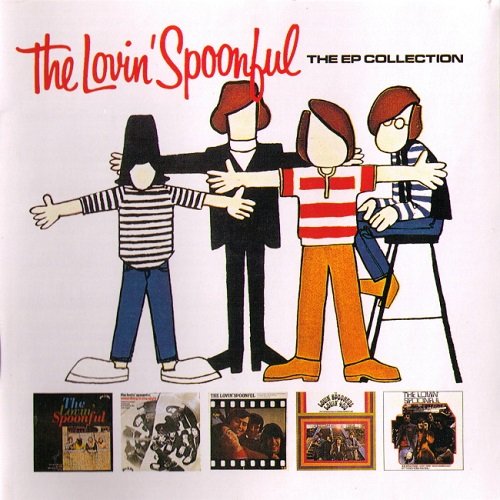
Artist: The Lovin' Spoonful
Title: The EP Collection
Year Of Release: 1988
Label: See For Miles Records Ltd.
Genre: Pop Rock, Folk Rock
Quality: Flac (tracks, .cue, log)
Total Time: 52:23
Total Size: 319 Mb (scans)
WebSite: Album Preview
Tracklist:Title: The EP Collection
Year Of Release: 1988
Label: See For Miles Records Ltd.
Genre: Pop Rock, Folk Rock
Quality: Flac (tracks, .cue, log)
Total Time: 52:23
Total Size: 319 Mb (scans)
WebSite: Album Preview
01. Did You Ever Have to Make Up Your Mind 2:03
02. Blues In the Bottle 2:15
03. Younger Girl 2:23
04. Sporting Life 4:06
05. Jug Band Music 2:53
06. Let the Boy Rock and Roll 2:33
07. You Baby 2:58
08. Wild About My Lovin' 2:37
09. It's Not Time Now 2:49
10. Didn't Want to Have to Do It 2:40
11. Day Blues 3:15
12. There She Is 1:57
13. Other Side of This Life 2:29
14. Fishin' Blues 2:02
15. Lovin' You 2:32
16. Eyes 2:54
17. Butchie's Tune 2:38
18. Voodoo In My Basement 2:30
19. Coconut Grove 2:46
20. Do You Believe In Magic 2:04
The Lovin' Spoonful is an American folk-rock band formed in Greenwich Village, New York City, in 1964. The band was among the most popular groups in the United States for a short period in the mid-1960s and their music and image influenced many of the contemporary rock acts of their era. Beginning in July 1965 with their debut single "Do You Believe in Magic", the band had seven consecutive singles reach the Top Ten of the U.S. charts in the eighteen months that followed, including the number-two hits "Daydream" and "Did You Ever Have to Make Up Your Mind?" and the chart-topping "Summer in the City".
Led by their primary songwriter John Sebastian, the Lovin' Spoonful took their earliest influences from jug band and blues music, reworking them into a popular music format. In 1965, the Lovin' Spoonful helped pioneer the development of the musical genre of folk rock. By 1966, the group was "one of the most highly regarded American bands", and they were the year's third-best-selling singles act in the U.S., after the Beatles and the Rolling Stones. As psychedelia expanded in popularity in 1967, the Lovin' Spoonful struggled to transition their approach and saw diminished sales before disbanding in 1968.
Before they founded the Lovin' Spoonful, Sebastian (guitar, harmonica, autoharp, vocals) and Zal Yanovsky (guitar, vocals) were active in Greenwich Village's folk-music scene. The two recruited Steve Boone (bass) and Joe Butler (drums, vocals), both of whom were former members of one of the Village's first rock groups, the Sellouts. The Lovin' Spoonful's four-piece lineup honed their sound at local night clubs before they began recording for Kama Sutra Records with the producer Erik Jacobsen. At the height of the band's success, Yanovsky and Boone were arrested for marijuana possession in San Francisco in May 1966. The pair revealed their drug source to authorities to avoid Yanovsky being deported to his native Canada, an action which later soured the band's reputation within the West Coast's burgeoning counterculture and which generated tensions within the group. Due to disagreements over their artistic direction, the band fired Yanovsky in May 1967, replacing him with Jerry Yester, and Yanovsky commenced a brief and commercially unsuccessful solo career. The original iteration of the Lovin' Spoonful last publicly performed in June 1968, after which time Sebastian departed the group and pursued a briefly successful solo career. The band dissolved later that year.
In 2000, the Lovin' Spoonful was inducted into the Rock and Roll Hall of Fame, an occasion that saw Sebastian, Yanovsky, Boone and Butler perform together for the last time. Yanovsky died of a heart attack two years later. Sebastian has remained active as a solo act, and Boone, Butler and Yester began touring under the name the Lovin' Spoonful in 1991.
Led by their primary songwriter John Sebastian, the Lovin' Spoonful took their earliest influences from jug band and blues music, reworking them into a popular music format. In 1965, the Lovin' Spoonful helped pioneer the development of the musical genre of folk rock. By 1966, the group was "one of the most highly regarded American bands", and they were the year's third-best-selling singles act in the U.S., after the Beatles and the Rolling Stones. As psychedelia expanded in popularity in 1967, the Lovin' Spoonful struggled to transition their approach and saw diminished sales before disbanding in 1968.
Before they founded the Lovin' Spoonful, Sebastian (guitar, harmonica, autoharp, vocals) and Zal Yanovsky (guitar, vocals) were active in Greenwich Village's folk-music scene. The two recruited Steve Boone (bass) and Joe Butler (drums, vocals), both of whom were former members of one of the Village's first rock groups, the Sellouts. The Lovin' Spoonful's four-piece lineup honed their sound at local night clubs before they began recording for Kama Sutra Records with the producer Erik Jacobsen. At the height of the band's success, Yanovsky and Boone were arrested for marijuana possession in San Francisco in May 1966. The pair revealed their drug source to authorities to avoid Yanovsky being deported to his native Canada, an action which later soured the band's reputation within the West Coast's burgeoning counterculture and which generated tensions within the group. Due to disagreements over their artistic direction, the band fired Yanovsky in May 1967, replacing him with Jerry Yester, and Yanovsky commenced a brief and commercially unsuccessful solo career. The original iteration of the Lovin' Spoonful last publicly performed in June 1968, after which time Sebastian departed the group and pursued a briefly successful solo career. The band dissolved later that year.
In 2000, the Lovin' Spoonful was inducted into the Rock and Roll Hall of Fame, an occasion that saw Sebastian, Yanovsky, Boone and Butler perform together for the last time. Yanovsky died of a heart attack two years later. Sebastian has remained active as a solo act, and Boone, Butler and Yester began touring under the name the Lovin' Spoonful in 1991.
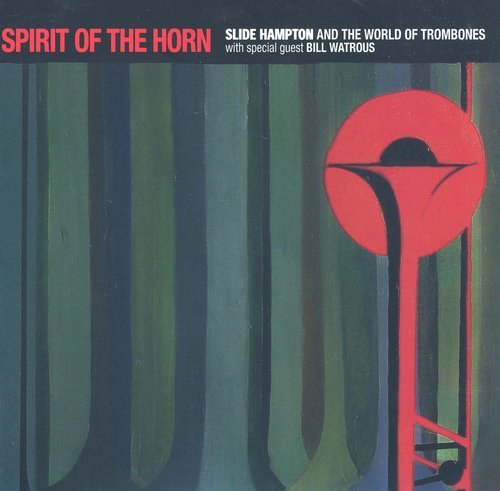
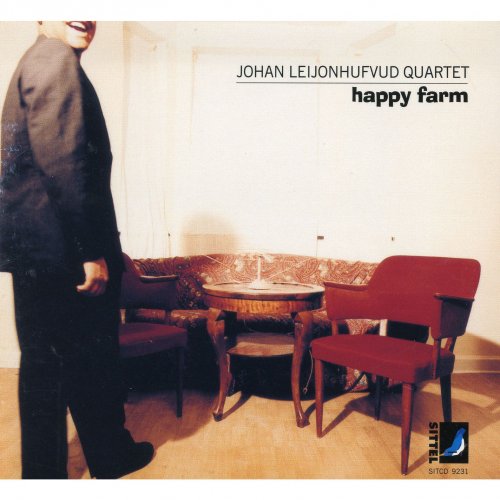
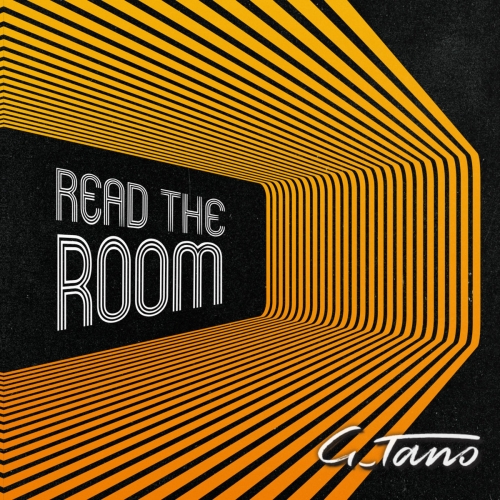

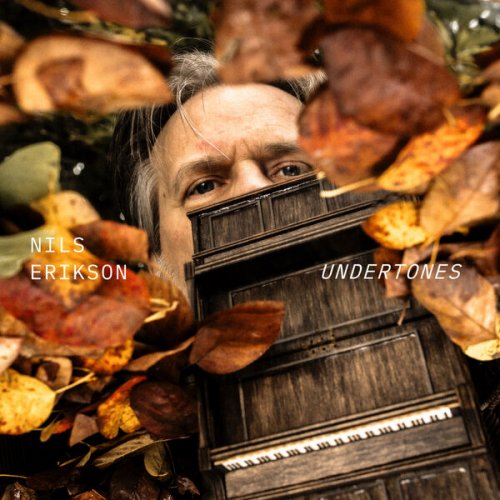

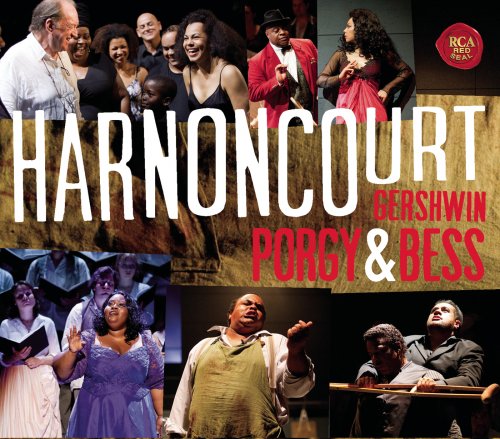
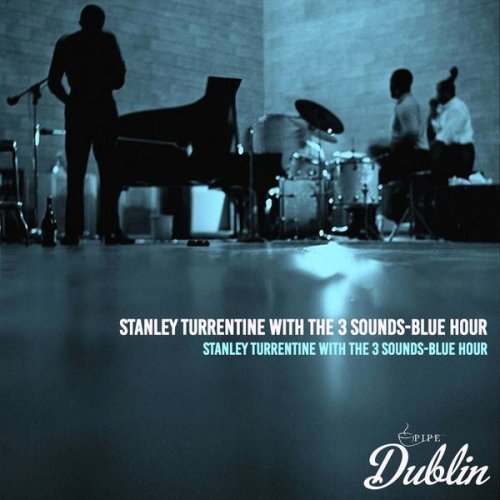
![Ra Kalam Bob Moses - Cozmic Soul Gumbo Remix (2026) [Hi-Res] Ra Kalam Bob Moses - Cozmic Soul Gumbo Remix (2026) [Hi-Res]](https://www.dibpic.com/uploads/posts/2026-02/1771155350_cover.jpg)